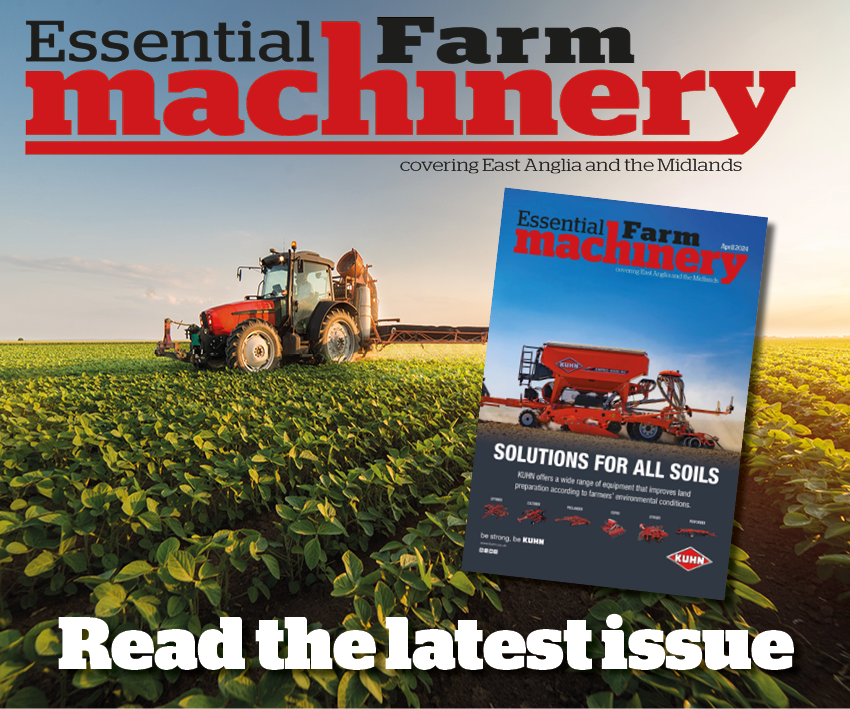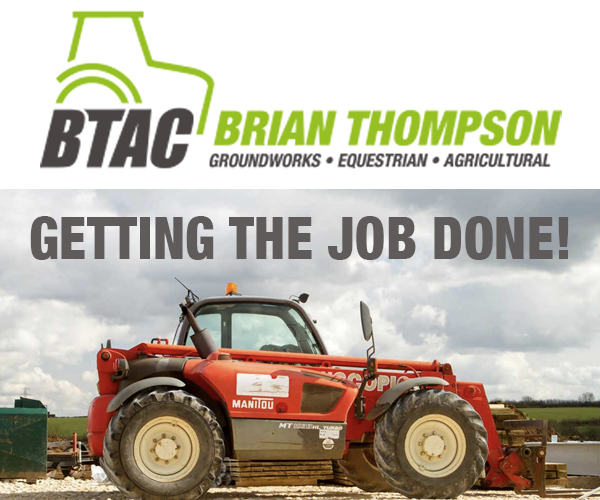
• Potential payments are worth £500m
• Confidence needed to enter market
• Farmers require better information
Farmers could benefit from payments worth up to £500m every year if myths around carbon are corrected, say experts.
Growers could top-up their annual incomes by thousands of pounds if they monetise the carbon they capture each year through sustainable farming practices like reducing the intensity of their tillage and planting cover crops.
Speaking at a carbon round table event, more than 20 experts from across agriculture discussed ways to correct misunderstandings about how carbon markets work so more growers feel confident to enter the market.
Carbon programme
Top of the list was how to help producers realise that carbon markets pay for carbon saved or added to the soil on-farm each year a farmer participates in a carbon programme — not for carbon locked in the soil in the distant past.
Farmer Andrew Randall, who hosted the round table on his 320ha arable farm, signed up to Soil Capital’s carbon payment scheme earlier this year – after researching the market and realising much of what he’d heard about carbon markets was incorrect.
Mr Randell told attendees he expects to make about £50/ha in his first year by utilising sustainable farming practices.
These include direct drilling, multi-species cover crops, reducing nitrogen use and spreading organic matter across 240ha of his business.
“When people started talking about carbon payments I realised we were ticking a lot of boxes with our planned practices and that we could capitalise on that,” he said.
“A lot of the farm-level chat has been ‘don’t sell the rights to all the carbon under your feet’, which is a huge myth that needs to be busted. I’m not selling a bank of carbon – I’m benefitting annually from the practices we do on farm.
Generating income
“If we don’t benefit financially from those environmental gains we’re making, it’s simply a wasted opportunity. From now until next harvest, what happens in the field above and below ground is what we’re being rewarded for.”
Mr Randell said he was net sequestering at least 2t/ha of carbon annually by adapting his farm’s rotation, increasing cover crops, spreading organic matter one year in six, and reducing nitrogen use.
“From Soil Capital’s calculations, that will hopefully see us make over £10,000 this year, which is a useful way of starting to get back what we’re losing from the basic payment scheme.”
“It has been a leap of faith in some respects, but by doing my research and getting good advice I don’t regret signing up, and I’m considering whether to bring another farm into the scheme.
“If we don’t capitalise on the opportunity now, we don’t benefit from all of the improvements we’re making on farm to become more sustainable.”
Certificates
Lack of good information means UK farmers are lagging behind growers in countries like France and Belgium when it comes to monetising carbon, suggested Andrew Voysey, head of carbon at Soil Capital, which organised the round table event. The company helps farmers create new income streams by monetising carbon.
“British growers should understand that carbon certificates can be bought by crop buyers, not just high-emitting businesses unrelated to farming.”
Milling wheat ‘likely to need nitrogen top-up’
News May 3, 2024
Growers switch to SFI to fend off weather woes
News Apr 2, 2024
You can push through, says young farmer
News Mar 5, 2024











